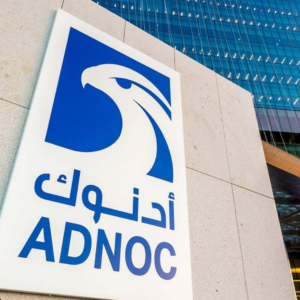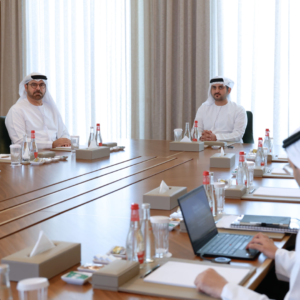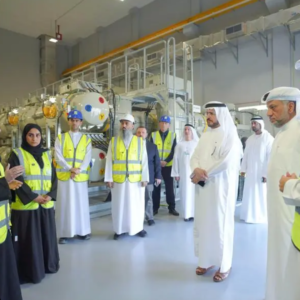The United Arab Emirates (UAE) experienced a moment of unease and concern as residents were jolted awake by tremors from a mild earthquake striking at 3:03 AM local time. While relatively rare, earthquakes are not unheard of in the region, and the occurrence of this tremor served as a reminder of the geological activity that can occasionally impact the UAE.
The tremors, though mild, were nonetheless felt by residents across various parts of the country. Reports of shaking buildings, rattling windows, and swaying furniture emerged from areas where the earthquake’s effects were most pronounced. While no significant damage or injuries were reported, the event understandably caused alarm and prompted individuals to seek safety until the shaking subsided.
In the aftermath of the earthquake, authorities and emergency responders swiftly mobilized to assess the situation and ensure the well-being of residents. While the tremors were relatively mild and short-lived, such events can raise concerns about potential aftershocks or further seismic activity. As a precautionary measure, authorities may have issued advisories urging residents to remain vigilant and prepared for any subsequent developments.
Earthquakes in the UAE are typically attributed to the region’s proximity to tectonic plate boundaries, particularly the Zagros and Makran subduction zones located to the north and southeast, respectively. While the UAE is not situated on a major fault line, it can still experience seismic activity resulting from the movement of these nearby tectonic plates. Although earthquakes in the UAE are relatively infrequent and tend to be of low to moderate magnitude, they serve as a reminder of the dynamic nature of the Earth’s crust and the potential for geological hazards in the region.
The occurrence of this mild earthquake underscores the importance of preparedness and resilience in the face of natural disasters. While the UAE is known for its robust infrastructure and emergency response capabilities, events like earthquakes serve as valuable opportunities to review and reinforce existing protocols for disaster management and public safety. By raising awareness about earthquake preparedness and fostering a culture of resilience, authorities can help ensure that communities are better equipped to mitigate the impacts of future seismic events.
Overall, while the earthquake in the UAE may have caused momentary alarm, it also serves as a reminder of the need for vigilance, preparedness, and solidarity in the face of natural hazards. By learning from such events and taking proactive measures to enhance resilience, communities can better withstand and recover from the challenges posed by seismic activity.









